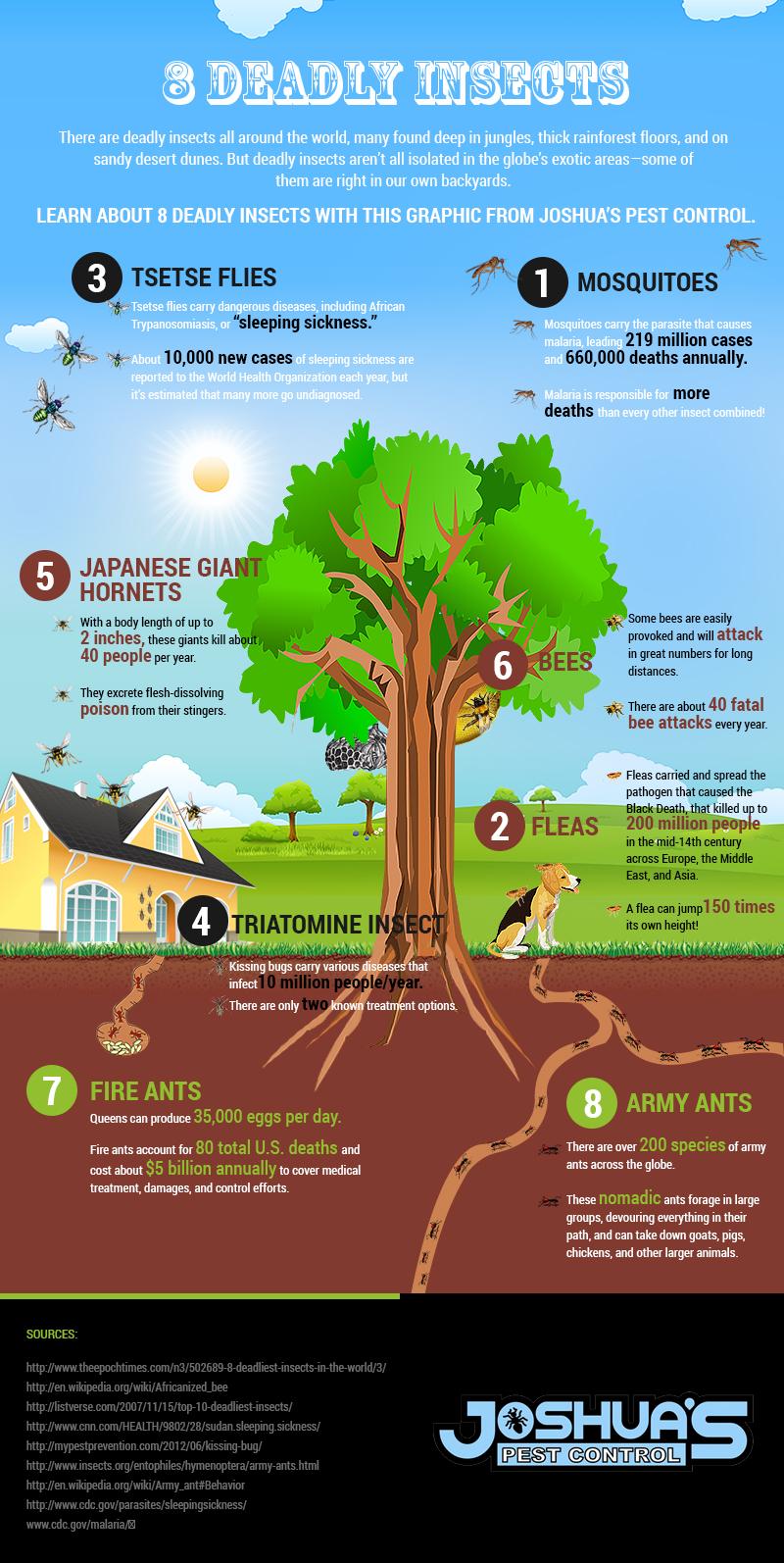Rat Control Understanding The Habits Of Rats
Rat Control Understanding The Habits Of Rats
Blog Article
Web Content By-Cheng Stougaard
Have you ever before wondered why rats appear to be so elusive and tough to manage? Understanding the actions of rats is essential to successfully managing their populations.
By obtaining understanding right into their interaction patterns, feeding routines, and nesting and breeding behavior, you can develop approaches that will certainly assist you maintain these pesky rats away.
So, allow's explore the fascinating globe of rat actions and find exactly how this understanding can encourage you in the fight versus these unwanted home visitors.
Communication Patterns
To recognize rat behavior, it is very important to study their interaction patterns. Rats are very social creatures and rely on communication to make it through and flourish in their setting. They utilize numerous kinds of communication to convey details to various other rats in their team.
One crucial facet of rat communication is their vocalizations. Rats create a wide variety of noises, consisting of squeaks, tweets, and babbling, which serve different functions. These articulations can reveal concern, aggressiveness, or even contentment.
Along with vocalizations, rats also communicate with body movement. They utilize their tails, ears, and stances to convey messages to various other rats. For example, an upright and puffed-up pose may suggest prominence, while a squashed posture might suggest entry.
Feeding Habits
Rats' communication patterns offer understanding right into their feeding habits. Recognizing just how rats feed can aid us better regulate their populations. Here are please click the next internet page about their feeding practices:
- ** Omnivorous diet regimen: ** Rats are opportunistic eaters and will take in almost anything they encounter. From grains and fruits to meat and also garbage, their diet regimen is unbelievably diverse.
- ** Hoarding behavior: ** Rats have a natural impulse to hoard food. They'll collect and store excess food in covert places for later intake, making it testing to situate and remove their food resources.
- ** Nocturnal feeding: ** Rats are mostly nighttime animals, indicating they're most energetic during the night. They choose to feed under the cover of darkness when they really feel more secure and less likely to come across killers.
- ** Water dependence: ** Rats need a constant source of water to make it through. They'll commonly choose water resources near their feeding areas, such as dripping pipes or open containers, to satisfy their hydration needs.
- ** Feeding on behavior: ** Rats are highly skilled scavengers, which permits them to grow in urban settings. They'll look for food in trash bins, dumpsters, and various other areas where human waste is present.
Nesting and Breeding Habits
Nesting and reproducing behavior in rats entails the development of detailed burrows and the establishment of ordered social structures.
Rats are recognized for their capacity to dig complicated systems of tunnels, which work as their nests. These burrows give shelter, security, and a safe place for reproducing. The nesting behavior of rats is driven by their instinct to find a protected and comfortable area for elevating their young.
Within these burrows, rats establish a hierarchical social structure, with leading individuals inhabiting greater placements. This hierarchy identifies accessibility to resources such as food and friends.
Reproducing habits in rats is identified by territoriality, with men contending for the opportunity to mate with females.
Comprehending the nesting and reproducing habits of rats is critical for reliable rat control techniques.
https://www.wltx.com/article/life/animals/wildlife-rescues-inundated-with-baby-animals/101-cff9729d-5592-444e-a01e-8b4d9bce5504 , currently you have a much better understanding of the detailed world of rat actions. These intelligent animals have special communication patterns and show interesting feeding practices.
Their nesting and reproducing behavior, while prolific, can be a sensitive subject. By getting insight right into their actions, we can come close to rat control with even more empathy and effectiveness.
Remember, dealing with the existence of these resourceful rodents calls for a nuanced strategy that respects their natural instincts.
